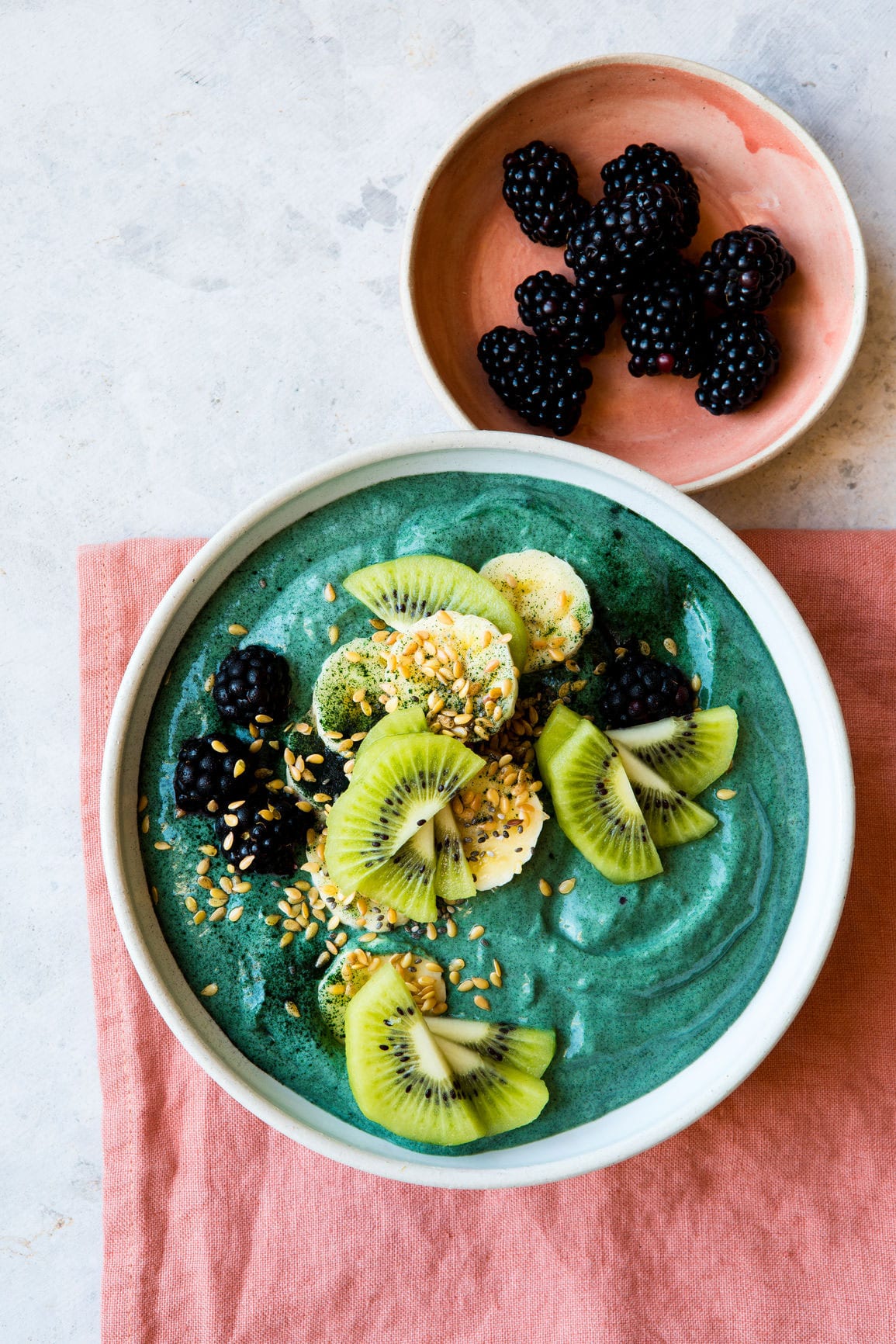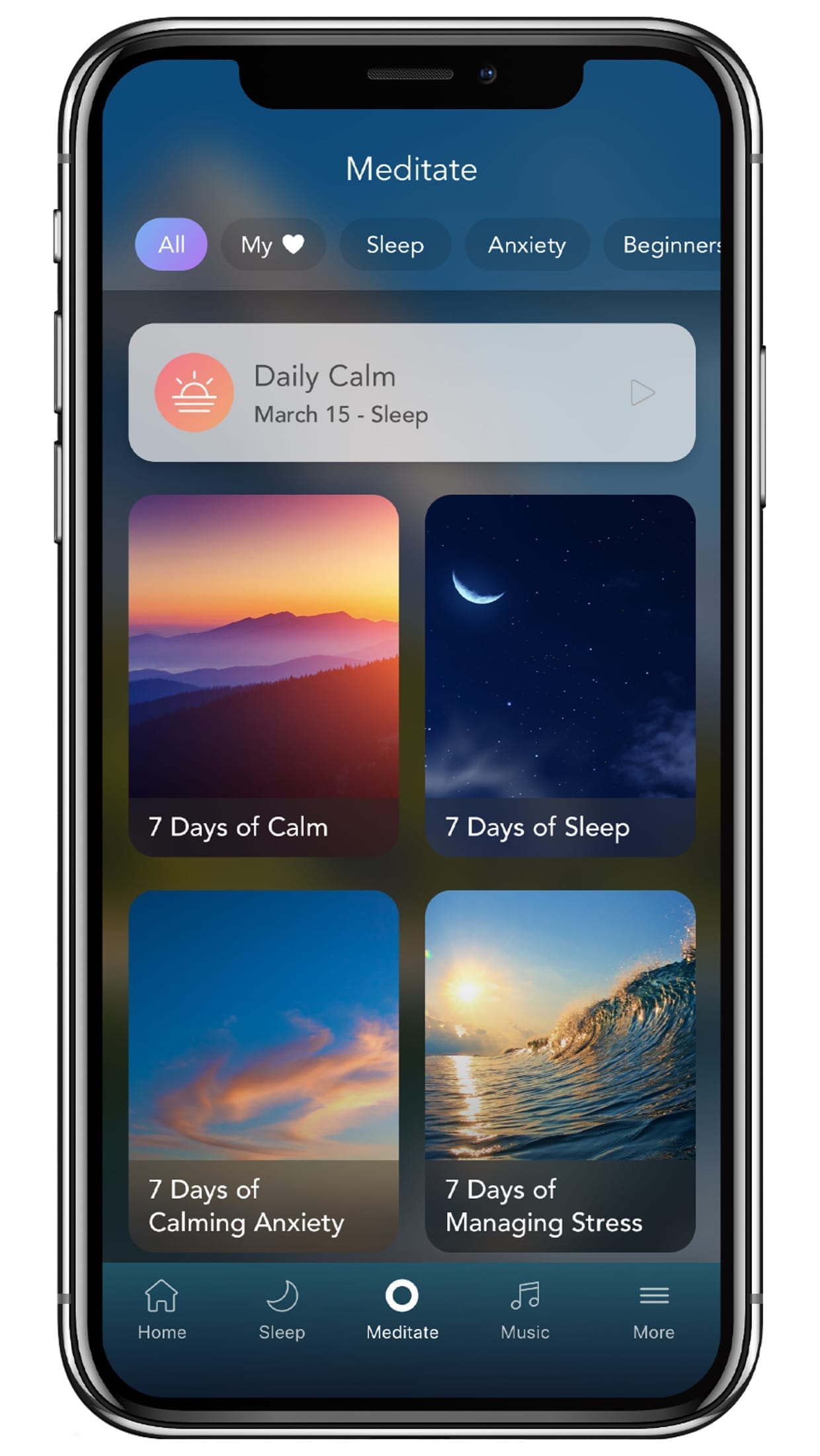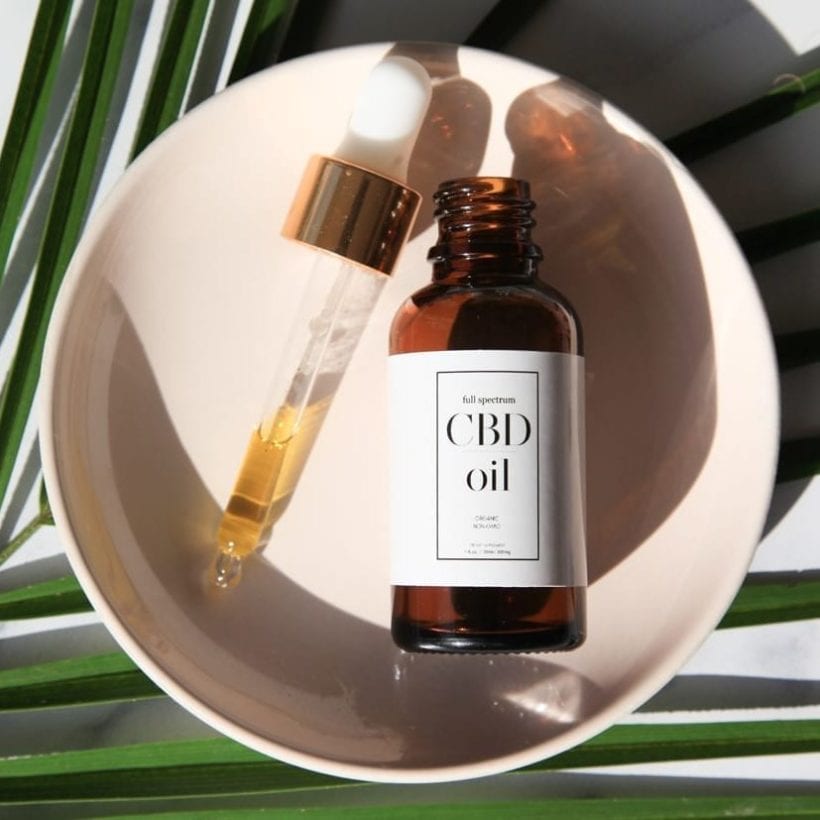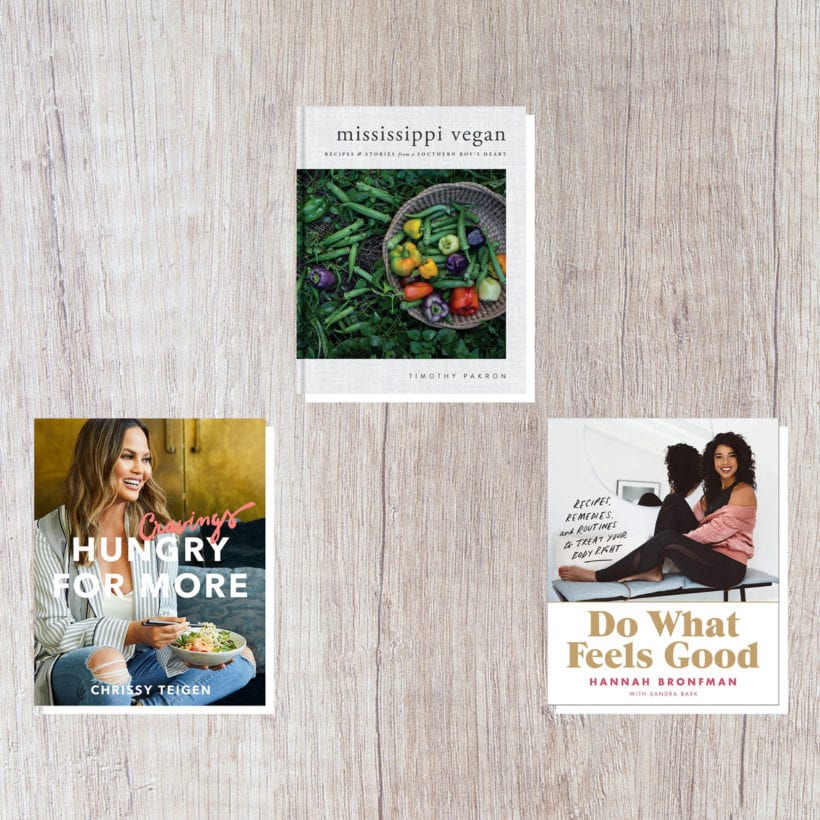While resolutions may seem old school, if done correctly, experts say they can do you a lot of good.
“Setting intentions allows you to reflect on your own patterns and can reveal the underlying cause of stagnant energy,” says Sarah Harper, nurse practitioner and reiki master at The Morrison Center in New York City, who helps patients identify their goals as an aspect of their healing journey. “They also help to identify how you might be getting in your own way on the path to wellness and can be a powerful tool to help you manifest the life you want.”
Reframe your resolutions in a positive way so they are changes you feel excited about taking on.
But you should choose your goals carefully: “Reframe your resolutions in a positive way so they are changes you feel excited about taking on, and maybe as a side effect, can crowd out some less desirable behaviors or habits, instead of focusing on depriving yourself or taking something away,” says Katrine van Wyk, a health coach at Be Well.
Setting goals is especially important when you are on a wellness journey. “Goals provide you with a long term vision of where you want to be and then give you short term motivation to get there,” says Amanda Freeman, SLT founder and co-founder of Stretch*d. “Health-related goals are among the most common for good reason — we all know it is important to be healthy to live a long, fulfilling life, but there are so many distractions and temptations that can derail us, so by setting a goal, we are less likely to veer off-track.”
Need we say more? Read on to find out the 2020 goals wellness experts say are universally beneficial.
Goal: Be more mindful when it comes to what — and when — you eat.
Although it can be easy to get in on a midday group caffeine run with colleagues or simply stroll over to the vending machine for a snack, how you fuel your body can have a huge impact on your energy level, weight and more. Choose to avoid spiking your sugar and caffeine levels and therefore the inevitable crash they will cause by opting for healthier alternatives like a green juice instead of a Frappuccino, and peanut butter and celery sticks over chips.
 What healthy pros are super into right now: intermittent fasting. “Intermittent fasting has been talked about for several years now as the most effective way to eat to lose weight, be healthy and live longer,” says Freeman. That is because your body metabolizes your food more efficiently and therefore your cells stay healthier for longer and your energy level is increased as well. “I don’t have a set time that I stop eating, although I try to do it by 7:30 p.m., then I hold off eating until I get to my office at 9 a.m.,” says Freeman. What you should aim for is to fast for 12 hours to give your body, and your digestive system, a break.
What healthy pros are super into right now: intermittent fasting. “Intermittent fasting has been talked about for several years now as the most effective way to eat to lose weight, be healthy and live longer,” says Freeman. That is because your body metabolizes your food more efficiently and therefore your cells stay healthier for longer and your energy level is increased as well. “I don’t have a set time that I stop eating, although I try to do it by 7:30 p.m., then I hold off eating until I get to my office at 9 a.m.,” says Freeman. What you should aim for is to fast for 12 hours to give your body, and your digestive system, a break.
Goal: Get at least 30 minutes of vigorous physical activity a day.
 “My version of vigorous physical activity isn’t quite as stringent as the traditional definition of inducing sweat and bringing your heart rate to its max,” says Freeman, who recommends fitting in sweat sessions that focus on heart rate elevation, even if it is just a brisk walk. “The benefits are many, including weight loss, warding off depression and a reduction in the risk of developing diseases like cancer, type 2 diabetes and cardiovascular disease,” she notes.
“My version of vigorous physical activity isn’t quite as stringent as the traditional definition of inducing sweat and bringing your heart rate to its max,” says Freeman, who recommends fitting in sweat sessions that focus on heart rate elevation, even if it is just a brisk walk. “The benefits are many, including weight loss, warding off depression and a reduction in the risk of developing diseases like cancer, type 2 diabetes and cardiovascular disease,” she notes.
Goal: Add greens to your diet — Every. Single. Day.
 Although heading to the snack vending machine or opting for a sugary drink or treat midday for a pick-me-up is alluring, van Wyk says making it a goal “to eat dark leafy greens daily in one shape or form” is something everyone can benefit from. “They are loaded with minerals and vitamins, support your liver and provide fiber and uplifting energy,” she says. “Try kale chips, roasted Brussels sprouts or steamed spinach.” Don’t like them plain? Add them to a frittata, pasta primavera or smoothie.
Although heading to the snack vending machine or opting for a sugary drink or treat midday for a pick-me-up is alluring, van Wyk says making it a goal “to eat dark leafy greens daily in one shape or form” is something everyone can benefit from. “They are loaded with minerals and vitamins, support your liver and provide fiber and uplifting energy,” she says. “Try kale chips, roasted Brussels sprouts or steamed spinach.” Don’t like them plain? Add them to a frittata, pasta primavera or smoothie.
Goal: Take some time each day to sit still and breathe, perhaps even meditate.
 “I’m someone who has always struggled with traditional meditation and deep breathing, but has consistently given it a try, as the research is there to support the health benefits,” explains Freeman. In such a goal and go-go-go driven society, it is easy to not feel the quiet time is much of an accomplishment. If that is the case for you, instead opt for a moving meditation. “I also find my morning walk to work very meditative,” notes Freeman. “I focus on my breathing and set some goals for the day.” Need a guide to help you get going? Try simple apps such as Calm, Ten Percent Happier and Headspace.
“I’m someone who has always struggled with traditional meditation and deep breathing, but has consistently given it a try, as the research is there to support the health benefits,” explains Freeman. In such a goal and go-go-go driven society, it is easy to not feel the quiet time is much of an accomplishment. If that is the case for you, instead opt for a moving meditation. “I also find my morning walk to work very meditative,” notes Freeman. “I focus on my breathing and set some goals for the day.” Need a guide to help you get going? Try simple apps such as Calm, Ten Percent Happier and Headspace.
Goal: Get more quality sleep.
 Overnight is when your body renews itself — including every cell in your body. Getting enough sleep but also quality sleep (where you are in deep REM and not constantly waking or tossing and turning) can have a major impact on your health, weight, mindset and stress level. If you have trouble making this happen, van Wyk recommends making it a point to go to bed earlier (by 10 or 11 p.m. at the latest). Also, “make your room cool and dark, read a book before bed and put your phone on sleep mode,” she suggests.
Overnight is when your body renews itself — including every cell in your body. Getting enough sleep but also quality sleep (where you are in deep REM and not constantly waking or tossing and turning) can have a major impact on your health, weight, mindset and stress level. If you have trouble making this happen, van Wyk recommends making it a point to go to bed earlier (by 10 or 11 p.m. at the latest). Also, “make your room cool and dark, read a book before bed and put your phone on sleep mode,” she suggests.
Goal: Forgive and love yourself.
 Repeat after us: “I forgive myself. I am human. I love you.” Forgiveness is a powerful tool for others but also for oneself. “ I am a forgiving person when it comes to others, but I can often torture myself with regret and shame when it comes to mistakes I’ve made,” shares Freeman. “So, this is advice I need to be taking myself. In order to move on from things, I try to put into perspective if it’s something I’ll think about in 5 years or a mistake that I will at least learn from and therefore will improve my future.”
Repeat after us: “I forgive myself. I am human. I love you.” Forgiveness is a powerful tool for others but also for oneself. “ I am a forgiving person when it comes to others, but I can often torture myself with regret and shame when it comes to mistakes I’ve made,” shares Freeman. “So, this is advice I need to be taking myself. In order to move on from things, I try to put into perspective if it’s something I’ll think about in 5 years or a mistake that I will at least learn from and therefore will improve my future.”
We only recommend products we have independently researched, tested, and loved. If you purchase a product found through our links, Sunday Edit may earn an affiliate commission.







